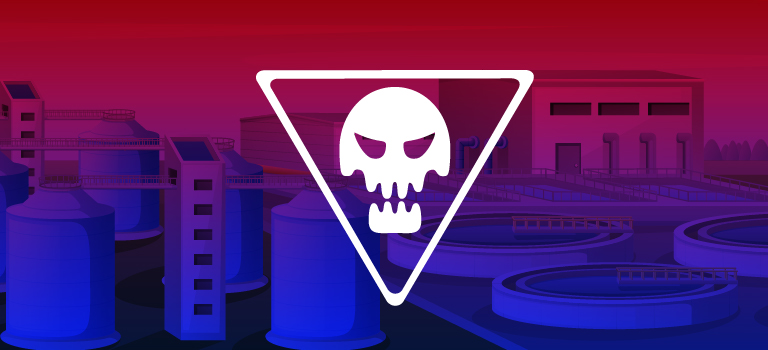Over the past decade, cyber-attacks have been rampant on water facilities, especially in the United States. Some of these attacks are lethal, and they comprise a significant number of people. One of the most known incidents as of late is the attack that happened in Florida in February of 2021. The attack was launched against Oldsmar, Florida’s water treatment facilities, which served 15,000 people.
The plant provided clean and safe drinking water to this population. However, the breach attempted to increase the required lye levels to lethal amounts. Had the hacker been successful, a lot of people would have been harmed. With an increase in such incidents, there’s a need to find ways that could mitigate them. Here are some of the ways to prevent cyber-attacks from water filtration systems.
Get a Suitable Water Filter
One of the proven ways to prevent cyber-attacks on water systems is by getting a good water filter. One of the best out there is the Big Berkey Gravity-Fed Water Filter.This water purification system can seamlessly purify water for about one to four persons each day.
That notwithstanding, the filter is designed to address more than 200 contaminants from raw or tap water, as well as water from untreated freshwater sources such as rivers and ponds. Moreover, the filter is durable, considering that its elements could last for up to 6,000 gallons before requiring replacement.
Pinpoint the Issue
The cyber-attack on Florida’s water plant was partially because the company did not address the system issues, despite having identified some in 2020. Therefore, if you’d like to prevent an attack, you must identify a problem and fix it accordingly.
To avoid the likelihood of a major crisis, cybersecurity for water operations should be given top priority. However, ensuring the essential degree of water utilities’ cybersecurity has proven challenging.
Weak passwords and a personnel shortage are just two of the many reasons that contribute to this issue. Additionally, bringing industrial systems online enables service streamlining and cost savings, but it also raises the risk of a future cyber-attack, since before these crucial systems were safe due to their isolation.
Know the Vulnerability of Water Facilities in the U.S.
There is already a difference in security levels between larger facilities and smaller, rural plants, despite the fact that all water operations require proper ICS cyber protection.
This is especially important in the U.S., where water operations are divided up into a lot of tiny, locally run facilities with few employees. This fragmented structure creates a double-edged sword: it makes it more important for the systems to be online to maintain service continuity, but the very same method makes them more vulnerable to cyber-attack.
In addition, there aren’t enough network experts, let alone cybersecurity specialists, available for preventive or even reaction due to low personnel levels.
Conduct Regular Risk Assessment
Utility companies should regularly examine their risks to find any potential security holes. This will make it possible for management to comprehend their cybersecurity risk profile and decide in what order to resolve issues. The National Institute of Standards and Technology’s (NIST) Cybersecurity Framework is one of a variety of free tools that can assist with utilities’ risk assessments.
Water utilities, like any critical infrastructure business, should routinely inventory the entirety of their organization’s asset base since you cannot protect what you do not know about. Plant operators may be able to identify and terminate internet connections that endanger industrial control systems by performing this inventory.
Use Proper Cybersecurity Measures
Practicing good cybersecurity hygiene can significantly increase the security of any water facility. Use two-factor authentication, regularly change your passwords, back up your data, maintain your software updated by installing updates as needed, and develop cybersecurity training programs for your staff as simple places to start.
Conclusion: preventing cyber-attacks on water filtration systems
A good water filtration system is crucial in ensuring that people access clean and fresh drinking water. The filtration system purifies the water from chemicals, physical, and biological contaminants. However, these water facilities can become victims of attacks from cybercriminals. In the case a system gets hacked, the repercussions can be detrimental and even lethal.
Fortunately, there are effective ways to prevent these attacks, including implementing proper cybersecurity measures. You also need to understand all the vulnerabilities in your water facility and address each one.
Nichelle Antoque
Tags: Critical Infrastructure, Cyber Attacks, Oldsmar, Water Systems


